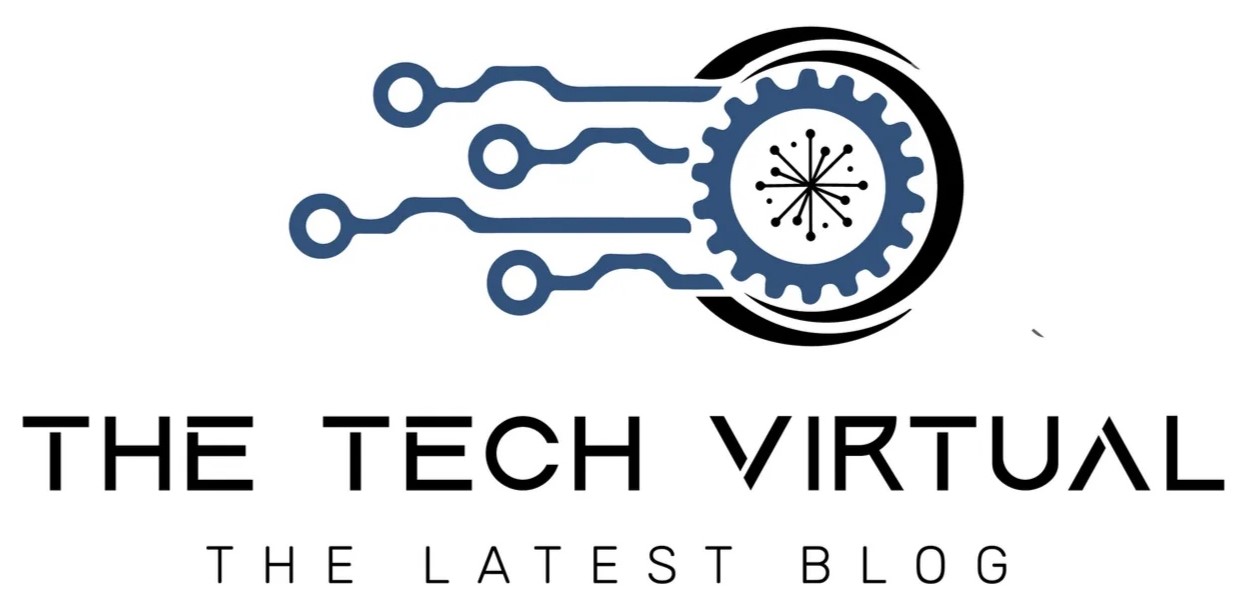10 Common Recruiting Mistakes Startups Make and How to Avoid Them

If you’re like most small and medium businesses, you’re living on a shoestring budget. So, it is easy to be tempted to skip a step in the hiring process. But, unfortunately, that step won’t be skipped so easily.
Investing in a quality recruitment campaign is critical. But what about avoiding the common mistakes made in hiring? Find out how to avoid recruiting mistakes startups make by reading on!
While you might think that startup recruitment mistakes are inevitable and dismissible, you’ll be surprised at how many you’ve been committing without even realizing it.
1. Undefined Job Requirements
One of the most common Recruiting mistakes that startups make when hiring is not being clear about what the job requires. Companies might hire people who don’t have the skills or knowledge they need if they don’t know exactly what they want. This lack of clarity can confuse and frustrate both the hiring team and the candidates.
So they don’t make this mistake, startups should take the time to describe the jobs they’re looking for. This means finding out the most important jobs, requirements, and skills for the job.
2. Lack of a Structured Hiring Process
Startups are often in a rush to fill jobs quickly, so they might need help understanding how important it is to have an organized hiring process. With a clear process, the people in charge of choosing might only sometimes look at candidates the same way. This could cause people to miss opportunities or hire the wrong people.
To avoid making this Recruiting mistake, startups should set up an organized hiring process that explains the different hiring steps, each team member’s duties, and the review criteria. This process should include screening applications, first interviews, judging skills, checking references, and final interviews.
Startups can ensure that all people go through the same stages of review by setting up an organized process. This lets them fairly compare people and make good job decisions. Candidates also benefit from an organized hiring process because they feel like they are being judged regularly and fairly.
3. Ignoring Cultural Fit
Startups often look at expert skills and experience first when deciding who to hire. However, they may forget how important it is that the person fits in with the company’s culture. Cultural fit is how well a person fits in with the beliefs, goals, and ways of doing things at the company’s work.
If you don’t think about cultural fit, you might hire people who don’t do well in the startup’s unique setting. You could not also make a good addition to the company’s culture.
Startups should check how well a candidate fits the company’s ideals and work style during hiring to avoid making this mistake. This can be done by using behavioral interviews, asking specific questions about their work preferences and values, and bringing in team members to see if they are a good fit.
4. Overlooking Diversity and Inclusion
Diversity and inclusion are very important to build a successful new company. But when they hire people, many companies don’t put diversity at the top of their list. This means that different points of view aren’t heard, and there’s no way to use them.
Startups should work hard to include diversity and inclusion in their hiring process to avoid this mistake. This means looking at job posts to ensure they use inclusive language, different ways to find people and random resume screening to reduce unconscious bias.
Startups can also contact talent pools that aren’t being used as often. This can be done by working with groups and communities that support diversity in tech or certain industries.
5. Ineffective Job Descriptions
Job titles are a key part of getting qualified people to apply, but many startups make the mistake of writing ones that are hard to understand or don’t sound appealing. This can lead to a small pool of candidates or assumptions that don’t match up.
Startups should take the time to write interesting job titles that explain the role and all of its exciting parts to avoid making this Recruiting mistake. A well-written job description should clearly overview the tasks, skills, and traits needed. It should also discuss what makes working at the startup different, like the company’s mission, culture, and growth prospects.
6. Neglecting Employer Branding
Employer branding is a very important part of Recruiting the best people, but many startups don’t understand its importance. Startups should try to build a strong workplace brand that shows off their unique culture, values, and perks. This means telling the story and goals of the business in different ways. Examples are social media, the company website, and online sites like Glassdoor and LinkedIn.
Startups should talk about the good things their workers have done for the business and how they have done well. By actively marketing their workplace brand, companies can set themselves apart from their competitors, draw top talent whose values match their own, and build a good reputation that helps them hire people. A strong workplace brand can also help keep workers because it makes them proud of their work and loyal to the company.
7. Limited Candidate Sourcing Channels
If you only use a few ways to find applicants, the group of people with the right skills will be smaller, making it harder to find the best person for the job. You should use multiple ways to find people to work for you. This includes using popular job boards, platforms made for a certain field, social media networks, professional networks, and suggestions from current employees.
You can also work with colleges, go to job shows and business events, and join important groups to expand your reach in supply-chain recruitment for your business. By diversifying your candidate sourcing channels, you can tap into a wider pool of talent, increase the chances of finding qualified candidates, and enhance the overall quality of your hiring process.
8. Lengthy and Inefficient Interview Processes
Startups sometimes make the mistake of having long, slow interview processes, which can make candidates unhappy and cause them to lose the best people. The company interview process should be simplified to make it more focused and effective. This can be done by making the interview stages clear, giving each reviewer clear goals and responsibilities, and giving each stage a good amount of time.
Startups should also make sure that talks are well-planned and organized, with relevant questions that test the candidate’s skills, experience and fit with the company’s mindset. Also, it’s important to include everyone who needs to be involved in order to get different points of view and make well-informed decisions.
9. Lack of Candidate Engagement
If you don’t talk to candidates during the hiring process, it can give a bad image of the startup and stop bright people from looking for jobs. Startups should put candidate involvement at the top of their list of priorities. This can be done by setting up clear lines of communication and keeping applicants updated at every step of the process.
It also includes letting candidates know that their applications have been received, giving them regular information on how their application is going, and quickly answering their questions. It’s important to give people comments and let them know where they stand quickly after talks. Even if a candidate doesn’t get the job, they will still have a good experience if you build strong ties with them. If a candidate has a good time during the hiring process, they are more likely to say good things about the company.
Also, keeping lines of communication open shows that you value the time and effort of candidates. This can help the company gain an image as a workplace of choice.
10. Poor Negotiation and Onboarding
Startups sometimes make mistakes when negotiating job offers. This could lead to conflict and unhappiness. It’s important for startups to do market research to find out what salaries and perks are typical for the jobs they want to fill. This lets them make fair and appealing deals that candidates will want to take.
Startups should go into talks with a spirit of cooperation to reach a good deal for both sides. Being creative and willing to think about perks other than money can also help the negotiating process.
Once an offer is accepted, companies should ensure that new hires have a smooth hiring process. This means giving them a friendly welcome, giving them the information and tools they need, giving them a guide or buddy, and ensuring the new employee feels encouraged and ready to start contributing immediately. A good bargaining and hiring process sets the stage for a good working relationship, builds trust, and makes it more likely that an employee will stay with the company for a long time.
Eliminate the Recruiting Mistakes Startups Make
You must remember that avoiding common recruiting mistakes startups make is essential for finding and keeping the right candidates. Understanding resumes, staying organized, and creating an effective interview process are key.
Crafting an effective job description and fostering communication with candidates must also be taken into account. Reach out to our team to find out how you can implement and streamline your recruiting process.
We hope this article was useful to you. If you enjoyed it, make sure to check out our blog for more informative content.






